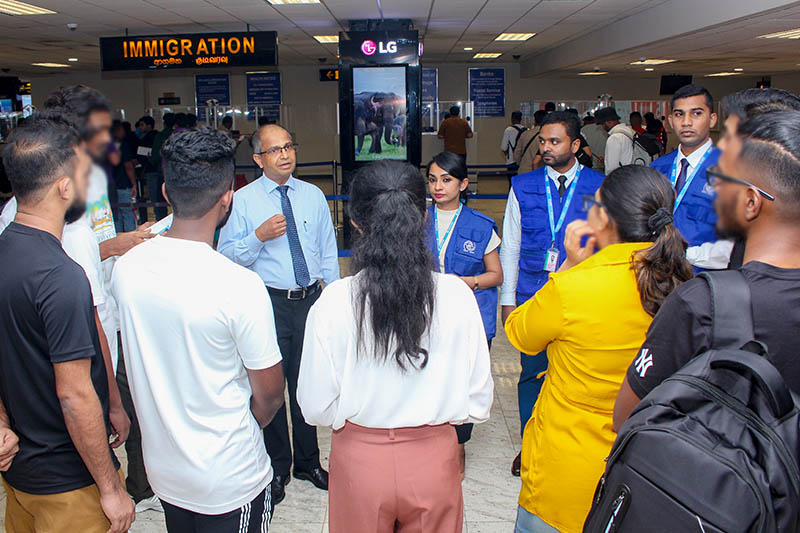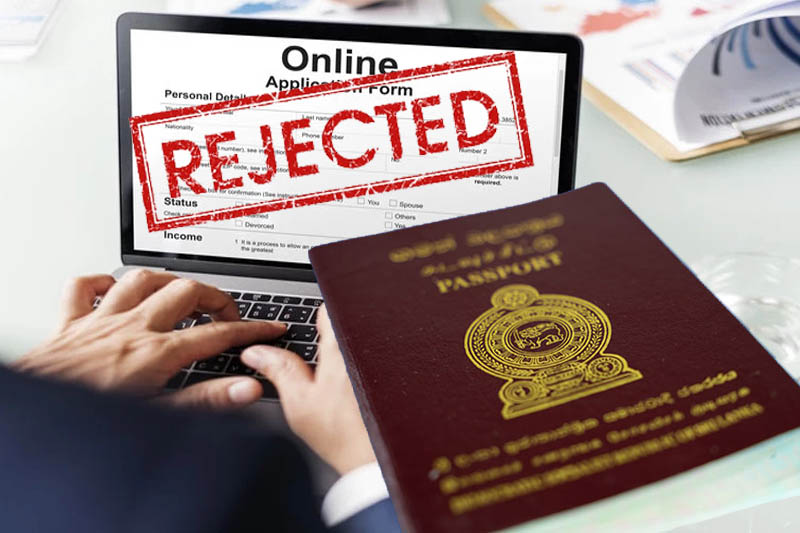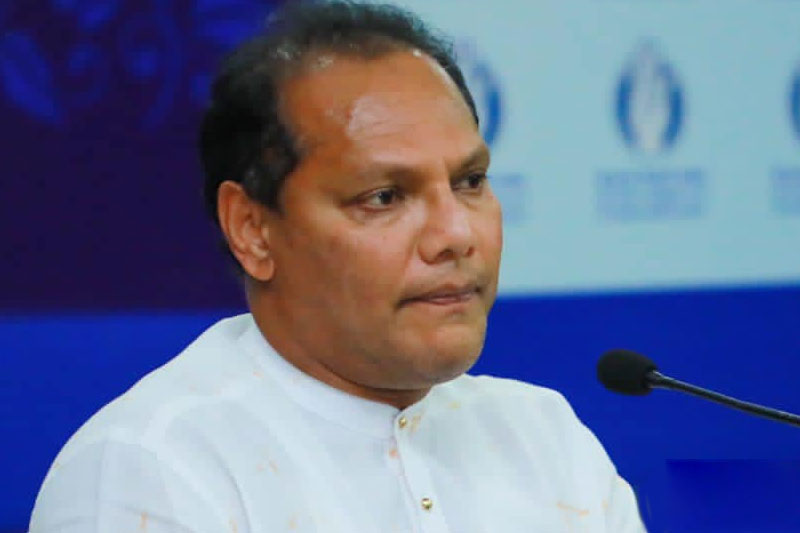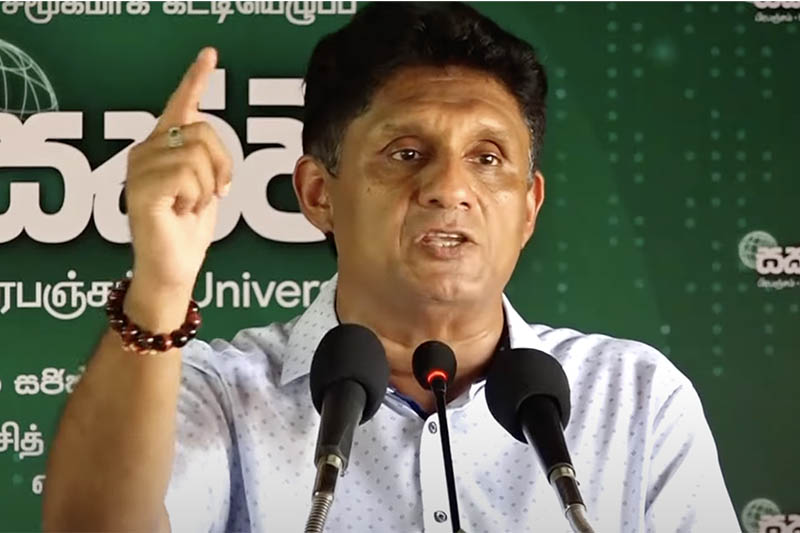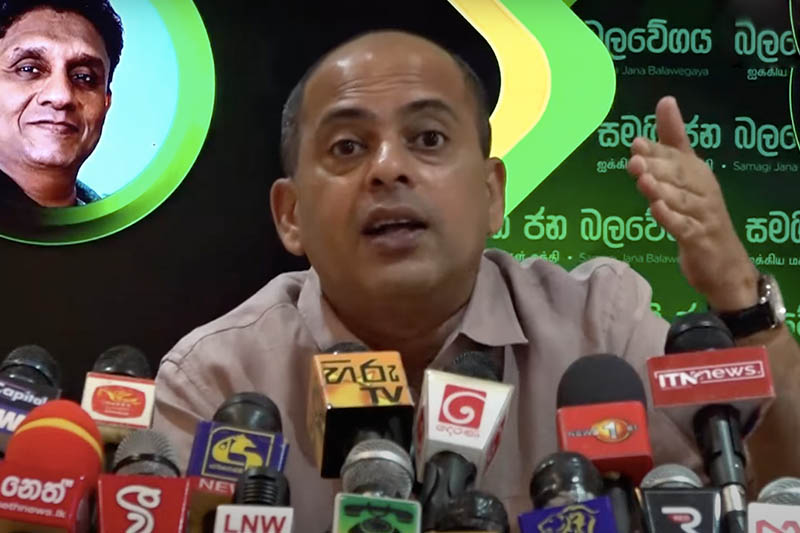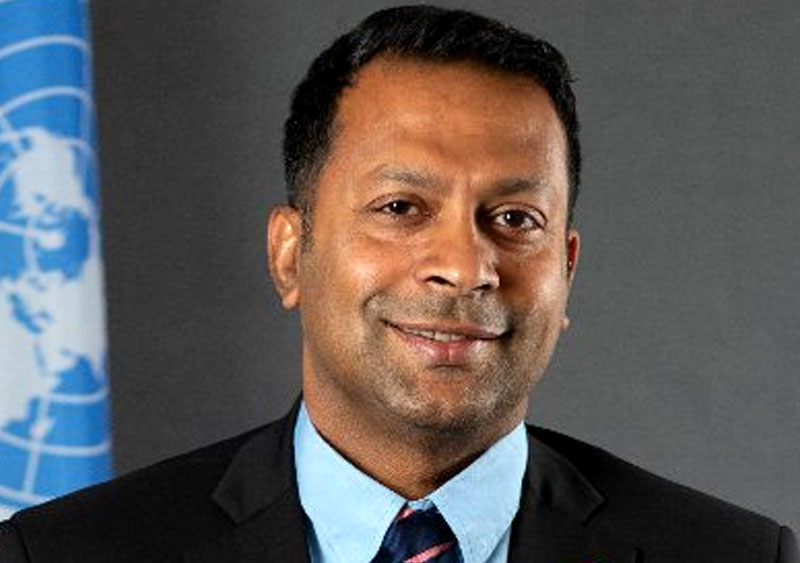By Dr. Ishantha Siribaddana
Sri Lanka, like many other countries, is currently facing a number of economic and social challenges. One of the main issues is the high level of corruption in the political system and government sector, which has led to inefficiencies and limited economic growth.
Additionally, the private sector in Sri Lanka has been slow to adopt new technologies, which has further hindered economic development.
Blockchain technology has the potential to address many of these challenges and help Sri Lanka achieve sustainable economic growth.
Blockchain is a decentralized data storage model within the network of computers and servers. It is secure, transparent, and tamper-proof, which makes it an ideal technology for use in the government and private sectors.
Furthermore, blockchain can be used in state-owned enterprises such as Sri Lanka Airlines, the electricity board, and the petroleum corporation to improve transparency and reduce corruption to run the organization on profit which causes major losses to the government of Sri Lanka.
In conclusion, blockchain technology has the potential to address many of Sri Lanka's economic and social challenges by increasing transparency, security, and efficiency in the government and private sectors. It is crucial for Sri Lanka to adopt blockchain technology to achieve sustainable economic growth and development.
THE GOVERNMENT SECTOR
The government sector in Sri Lanka is controlled by over 400 government institutions, departments, and ministries. However, the majority of them still rely on manual processes, which leads to issues such as corruption, lack of productivity, inefficiency, lack of accountability, and a lack of regular audits. To overcome these challenges, cost-effective, one-stop solutions need to be implemented quickly across all government organizations.
Recently, there was an incident of data manipulation and deletion within a health sector organization. With the implementation of blockchain, such misconducts can be prevented as the data stored in blockchain is tamper-proof, immutable and no one can reverse, delete or tamper the stored data.
Blockchain can be used to improve transparency and efficiency in various areas such as voting systems, public record-keeping, tax collection, and procurement processes. By using blockchain, the government can ensure that records are secure and tamper-proof, which will increase trust and confidence in government operations.
Blockchain can also be used to create a decentralized system for public record-keeping and increase transparency in government operations. In procurement, blockchain can be used to create a transparent and tamper-proof system for tracking the purchase of goods and services, which would help to reduce fraud and increase efficiency.
THE HEALTH CARE SECTOR

The healthcare sector in Sri Lanka is facing major issues, primarily with government supplies. Despite standard procurement systems in place, these procedures are often undermined by corrupt government officials and politicians in the healthcare sector, manipulating artificial drug shortages in storage units across the island to bypass the standard procedures to purchase drugs at higher prices to meet the urgent requirements.
Another major issue is the lack of centralized patient records, which prevents patients from easily accessing their health information and consultants from easily accessing patient information at hospitals. All government hospitals still keep patient health records manually. Additionally, there is a lack of a centralized system to analyze national drug requirements in the private sector.
Blockchain technology can be used to address these issues by securely storing and sharing patient health records, which would improve the efficiency of care and reduce the likelihood of errors. Additionally, blockchain can be used to track the supply chain of medications, which would help prevent counterfeit drugs from entering the market.
THE REAL ESTATE SECTOR
The real estate sector in Sri Lanka is facing major challenges due to the manual process of ownership transfer within the Department of Land Registration. Additionally, legal disputes related to real estate often take a long time to resolve due to difficulty in accessing historical ownership data.
Furthermore, the government has difficulty collecting taxes on property transfers due to manual transaction management, which results in lost revenue. Collection of taxes on government-owned properties is also a major issue in the real estate sector.
Blockchain technology can be used to address many of these issues by creating tamper-proof land registries, improving transparency and efficiency in property transactions. Additionally, blockchain can be used to track the ownership and transfer of property, which would help to prevent fraud and errors and reduce the workload for the Department of Justice.
THE POWER AND ENERGY SECTOR
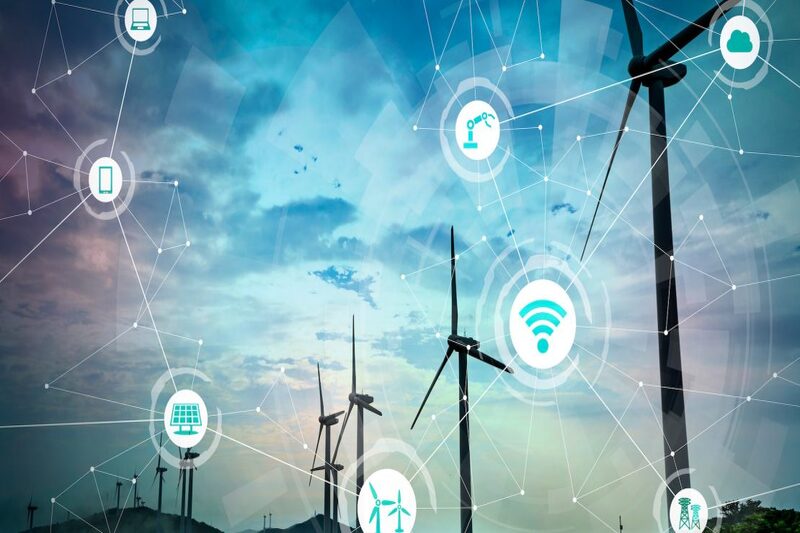
The power and energy sector in Sri Lanka is facing major issues, including the loss-making status of the electricity board and petroleum corporation due to corruption, delays in decision-making, lack of futuristic strategic planning, high salary structures for a large number of employees compared to other government sector organizations, political involvement in excessive staffing, delays in adding new power plants to the system, lack of investment in new power plants, delays in transitioning to the renewable energy sector, and inadequate accountability and auditing.
Blockchain technology can be used to create a decentralized and secure system for addressing these issues and managing the distribution and consumption of energy efficiently. By using blockchain, almost all the above issues in the power and energy sector can be addressed and a more efficient and sustainable system for powering homes, transportation, businesses, and industries can be created.
THE AGRICULTURE SECTOR
The agriculture sector in Sri Lanka is facing major issues, including over 40% waste during transportation, poor yield management and overproduction. Intermediaries often maintain high margins without passing on reasonable value to farmers.
Additionally, farmers have limited access to market prices, lack capital investment for farming, and rely heavily on loans from buyers. Access to the latest technology and proper education on traditional and bio-organic solutions is also a challenge. However, properly designed blockchain applications can address many of these issues.
Blockchain can be used to track the origin and movement of agricultural products, increasing transparency and traceability in the supply chain. It can also be used to create digital contracts between farmers, processors, and buyers, increasing efficiency and reducing transaction costs.
In overall, blockchain technology can help Sri Lanka achieve development by providing greater transparency, security, and efficiency mainly in almost all the sectors.
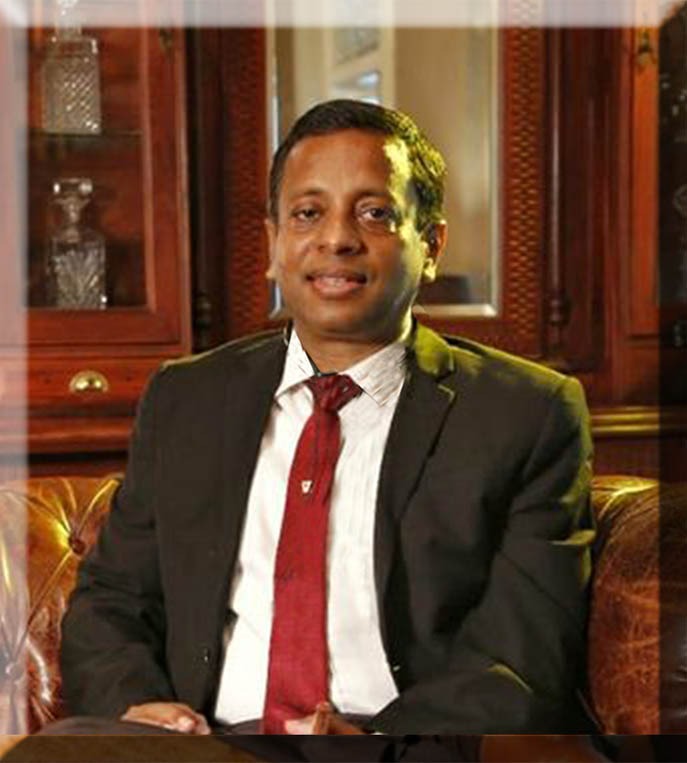
*The writer is the chairman of Java Institute for Advanced Technologies and Technology Entrepreneurship and Management Cooperative (TEMCO) Development Banking Society Ltd and a former member of the Monetary Policy Consultative Committee (MPCC) of the Central Bank of Sri Lanka.











